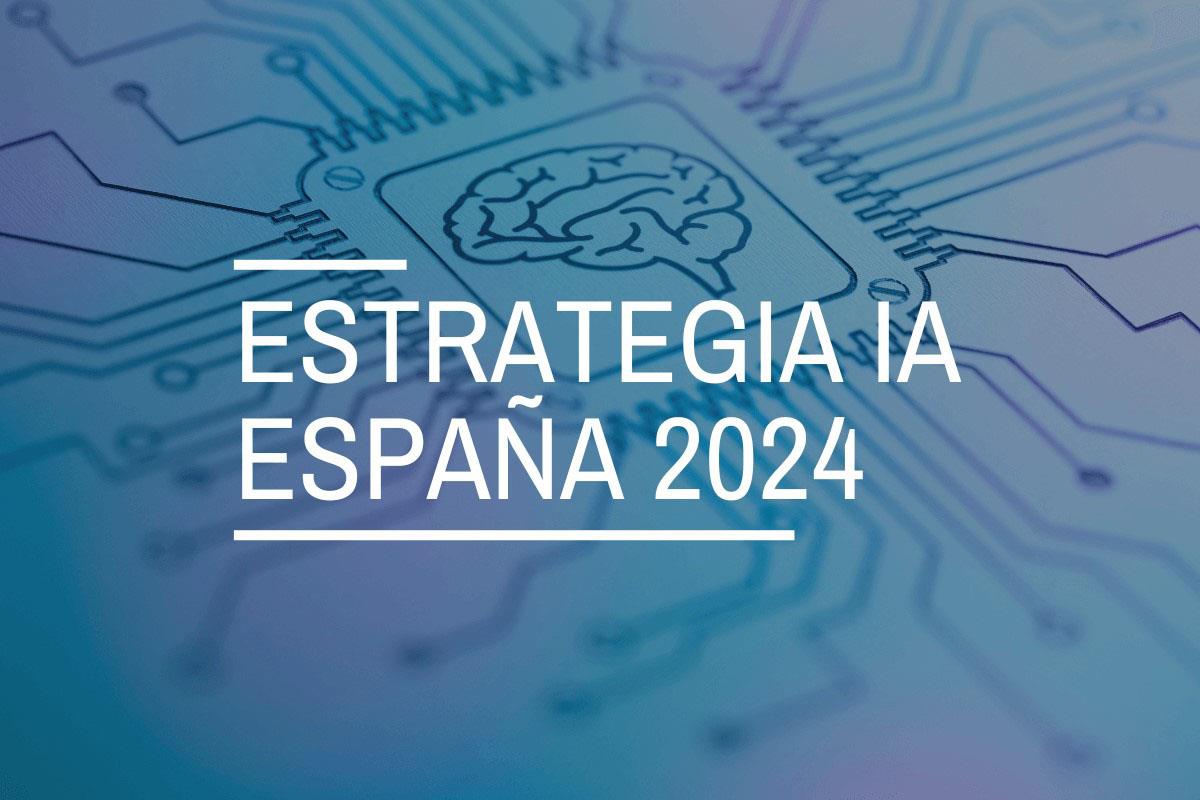14 posts found
Federated machine learning: generating value from shared data while maintaining privacy
Data is a fundamental resource for improving our quality of life because it enables better decision-making processes to create personalised products and services, both in the public and private sectors. In contexts such as health, mobility, energy or education, the use of data facilitates more effic…
The role of open data in the evolution of SLM and LLM: efficiency vs. power
Language models are at the epicentre of the technological paradigm shift that has been taking place in generative artificial intelligence (AI) over the last two years. From the tools with which we interact in natural language to generate text, images or videos and which we use to create creativ…
Common mistakes in the development of a data strategy
In an increasingly data-driven world, all organisations, both private companies and public bodies, are looking to leverage their information to make better decisions, improve the efficiency of their processes and meet their strategic objectives. However, creating an effective data strategy is a chal…
Open data in local authorities: priorities and highlighted datasets
Local public bodies, such as county councils and municipalities, play a crucial role in opening their data to the public. Making data available to citizens not only builds trust in institutions, but also drives innovation, facilitates citizen participation and promotes informed decision-making. Thro…
Data reuse and data governance in the new AI 2024 strategy
The Artificial Intelligence Strategy 2024 is the comprehensive plan that establishes a framework to accelerate the development and expansion of artificial intelligence (AI) in Spain. This strategy was approved, at the proposal of the Ministry for Digital Transformation and the Ci…
Linguistic corpora: the knowledge engine for AI
The transfer of human knowledge to machine learning models is the basis of all current artificial intelligence. If we want AI models to be able to solve tasks, we first have to encode and transmit solved tasks to them in a formal language that they can process. We understand as a solved task informa…
European data regulation faces the challenge of a harmonized application that will boost data sharing
Two of the European Union's most relevant data regulations will soon articulate the legal contours that will delineate the development of the data economy in the coming years. The Data Governance Act (DGA) has been fully applicable since September 24, 2023, while the wording of the Data Act (DA) was…
From data strategy to data governance system (part 1)
More and more organisations are deciding to govern their data to ensure that it is relevant, adequate and sufficient for its intended uses, i.e. that it has a certain organisational value.
Although the scenarios are often very diverse, a close look at needs and intentions reveals that many of these…
From data strategy to data governance system (part 2)
In the first part of this article, the concept of data strategy was introduced as the organisation's effort to put the necessary data at the service of its business strategy. In this second part, we will explore some aspects related to the materialisation of such a strategy as part of the design or…
The UK data strategy and its reform
Just over a year ago - and after an extensive process of analysis, research and public consultation - the UK government announced its new national data strategy created in response to the increasingly important role of data in all aspects of our society. The strategy builds on other related initiati…









